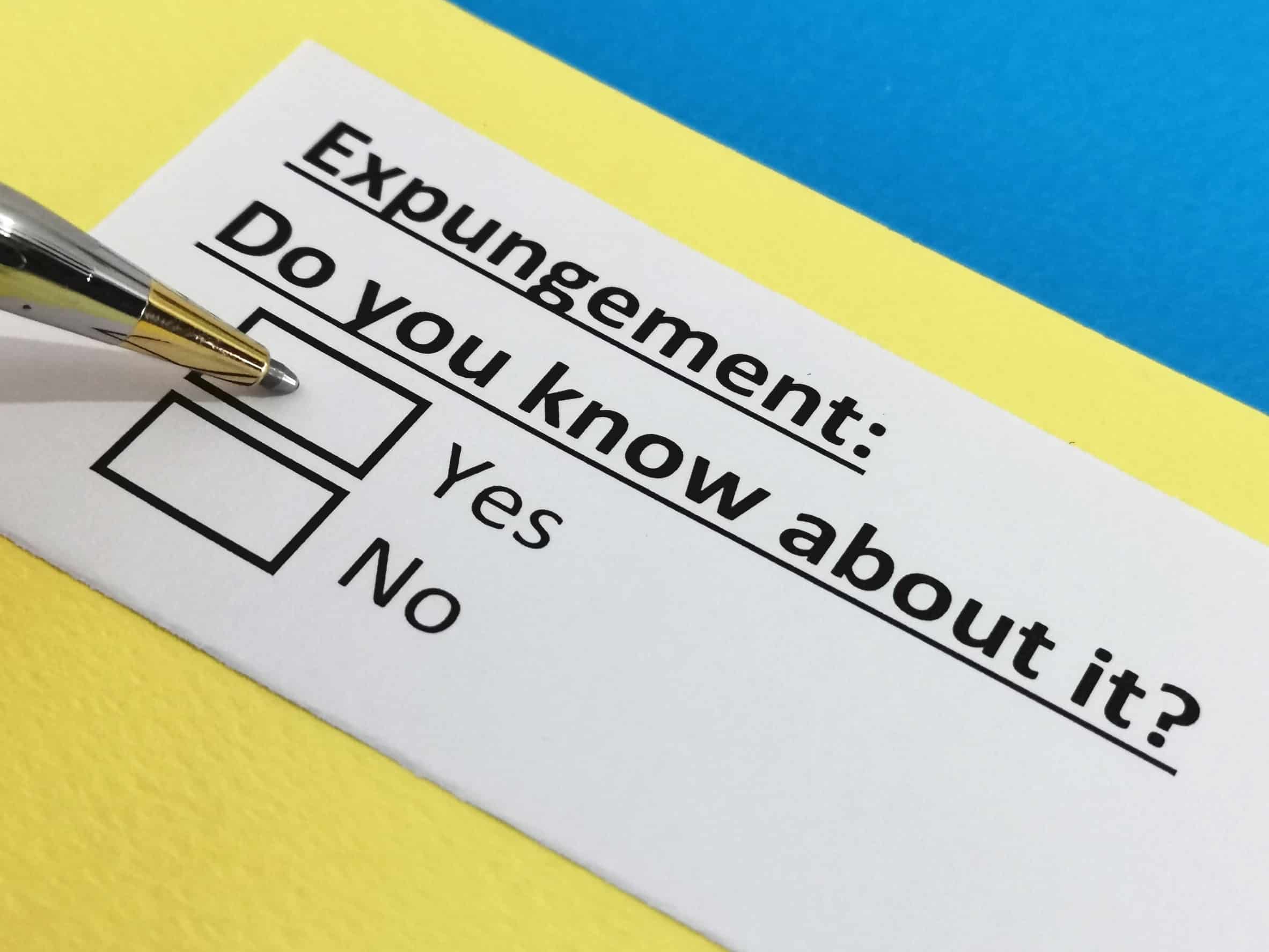If you have a criminal record, then you are no stranger to the collateral consequences that follow it. You can lose access to housing, certain types of public assistance, and even job opportunities – all from having a North Carolina criminal record.
The state of North Carolina does understand the hardship this can cause, which is why they offer those who qualify the chance to expunge their criminal record. Going through the expungement process can make it easier to rebuild your life in the wake of criminal accusations or convictions.
Today, there are more opportunities in the state than ever for people to take advantage of expungement, but people tend to have many questions about it. One of the biggest questions is how many times a record can be expunged in North Carolina. We have the answer, so read on to find out what you need to know.
Expungement: What Is It?
Expungement is a process available in North Carolina and other states that allows a judge to have a criminal record sealed. This means that it won’t be accessible to the public through background searches, but it will be visible to law enforcement agencies and the courts. Publicly, however, it will be as if the charge or conviction on your record never happened.
Who Qualifies for Expungement in North Carolina?
Only certain crimes can be expunged from a criminal record in North Carolina. It’s important to note that not all charges, misdemeanors, or felonies will be eligible.
Under the law in the state, you can qualify for expungement if one of the following is true:
- You were placed under arrest but never charged with a crime
- You were charged but found not guilty of the crime in court
- If falsely accused of a crime due to identity theft
- The court dismissed the case against you
- You were found guilty of a specific type of misdemeanor
- You were found guilty of a nonviolent Class H or I felony
An attorney will know if your criminal record is even eligible for expungement, so consult with one before you attempt to go through the time-consuming expungement process. Also, remember that any history of violent felonies on your record is not eligible for expungement.
How Long Do You Have to Wait for Expungement?
In 2017, North Carolina changed laws concerning expungement through the Second Chance Act. One of the most significant changes was the time you had to wait to petition the court to expunge your record.
If you have a qualifying misdemeanor on your criminal record, you must now wait five years before you can ask for an expungement. It used to be 15 years, so that’s quite a difference! Additionally, qualifying non-violent felony convictions requires you to wait ten years before petitioning the court for expungement, which used to be 15 years. There is no waiting period if you have never been charged with a crime or acquitted of one. You can petition the court right away in those circumstances.
How Many Times Can You Expunge Your Record?
Before the Second Chance Act, citizens could only get one expungement, and then they’d no longer be eligible for one. Today, there is no limit on how many expungements you can get. The only caveat for multiple expungements is that the convictions must have occurred within one year of one another. Multiple expungements are possible, so if you think you need to take that route, discuss it with your attorney.
How Long Do Expungements Take in North Carolina?
Another benefit of the Second Chance Act enacted in 2017 is that the expungement petitions can move faster through the approval process than before. Previously, records needed to be certified through a lengthy approval process. Still, today the district attorney assigned to your expungement can more quickly certify that you have not had a violent felony on your record and do qualify.
If you think you may be eligible for expungement in North Carolina, then contact an experienced attorney today. It can help get you one step closer to getting your life back and putting unfortunate circumstances behind you. Expungement will allow you to move on to a more promising future where your previous criminal history is no longer holding you back.










